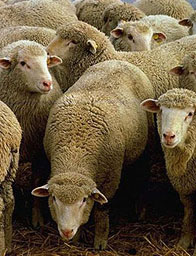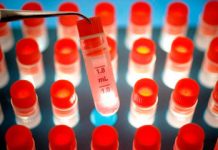 Australian government issued the world’s first license for human embryo cloning. The cloning process will be performed by local in vitro fertilization company Sydney IVF. At the present moment, though, the license allows only development of early-stage embryos, known as therapeutic cloning, since embryo implantation into the womb is restricted by law. During the cloning process the scientists are going to use somatic cell nuclear transfer technique, in which nucleus of a donor somatic cell is removed, and then replaced with a nucleus containing required DNA information. It is to be recalled that the same technique was used when cloning Dolly in 1996.
Australian government issued the world’s first license for human embryo cloning. The cloning process will be performed by local in vitro fertilization company Sydney IVF. At the present moment, though, the license allows only development of early-stage embryos, known as therapeutic cloning, since embryo implantation into the womb is restricted by law. During the cloning process the scientists are going to use somatic cell nuclear transfer technique, in which nucleus of a donor somatic cell is removed, and then replaced with a nucleus containing required DNA information. It is to be recalled that the same technique was used when cloning Dolly in 1996.
The stem cells obtained from embryos are expected to assist in fighting Alzheimer’s disease, diabetes, and paralysis. Indeed, stem cells are known for their unique ability to differentiate into a diverse range of cell types, and, what is more, they are the foundation cells for every tissue and organ. Therefore, generating stem cells may be invaluable for human organ transplantation, and for treating a wide range of serious diseases. Each step of the cloning process will be closely monitored by the Australian National Council.
Sydney IVF will get access to 7,200 human eggs. But the donors will not be informed of their participation in the embryo cloning experiment. This kind of experiment is ethically controversial. The Roman Catholic Church, for instance, regards human embryo cloning as a deadly sin.
In 2005 the Declaration on Human Cloning was finally adopted by the United Nations Organization. 85 out of 192 countries voted in favor. 50 countries have banned human cloning on the national level, and no country legislated reproductive cloning.










